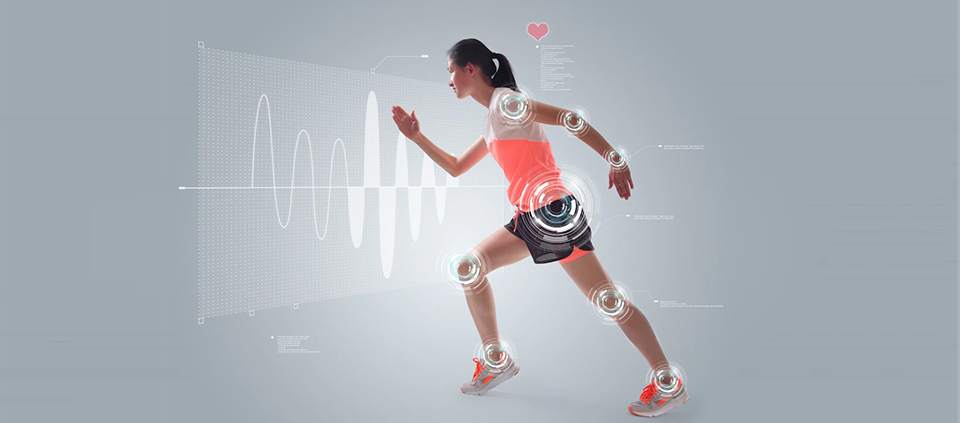Artificial Intelligence and the Early Detection of Osteoarthritis
Most patients and every medical practitioner know that when it comes to chronic debilitating diseases, the earlier they can be detected and treated, the better. This is one of the major promises of AI in healthcare, improved diagnostics for earlier detection and better patient outcomes.
The latest such application comes as researchers are developing an AI solution that can find the early sign of osteoarthritis of the knee. Like many AI-driven diagnostic enhancements, this one can see subtle signs on X-rays better than the human eye. This is critical because x-rays are the primary diagnostic method for early knee osteoarthritis. An early diagnosis can save the patient from unnecessary examinations, treatments, and even knee replacement surgery.
Osteoarthritis is the most common joint-related ailment globally. In Finland alone – where this research took place — it causes as many as 600,000 medical visits every year. It has been estimated to cost the national economy up to EUR1 billion every year.
The new AI-based method was trained to detect a radiological feature predictive of osteoarthritis from x-rays. The method was developed in cooperation with the Digital Health Intelligence Lab at the University of Jyvaskyla as a part of the AI Hub Central Finland project. It utilizes neural network technologies that are widely used globally.
“The aim of the project was to train the AI to recognize an early feature of osteoarthritis from an x-ray. Something that many experienced doctors can visually distinguish from the image, but cannot be done automatically, and is often missed by the untrained eye,” explains Anri Patron, the researcher responsible for the development of the method.
The anomaly the AI has been trained to automatically detect is to see if there is “spiking” on the tibial tubercles in the knee joint or not. Tibial spiking is known to be an early sign of osteoarthritis.
The researchers say that the AI matched human doctors’ assessment of the presence of spiking in nearly 90% of cases, instantly, without the need to scrutinize and deeply examine the x-rays as the human orthopedic surgeons did.
The research offers definitive proof that AI can support early diagnosis of osteoarthritis at the point of primary healthcare before a patient is referred to an orthopedic specialist, which can make a major difference in catching and treating knee arthritis early.
“If we can make the diagnosis in the early stages, we can avoid uncertainty and expensive examinations such as MRI scanning. In addition, the patient can be motivated to take measures to slow down or even stop the progression of symptomatic osteoarthritis. In the best possible scenario, the patient might even avoid joint replacement surgery,” sums up professor of surgery Juha Paloneva, one of the Finnish researchers on the project.
How BigRio Helps Healthcare AI Startups
Like the technology developed by the researchers with the Central Finland Health Care District, BigRio is also a facilitator and incubator for AI startups, particularly in healthcare. In fact, it was my father’s own battle with and eventual death from lung disease that set me on my path to finding ways to use AI to improve healthcare delivery.
Eventually, among our other success stories, we did collaborate with a researcher who is in the process of developing a cognitive digital twin of the human lung. Right now, that technology is being used specifically in the realm of testing inhalers for asthma patients, but like the UWS tool, it has broader implications for better diagnostics and treatments for COPD and other lung diseases.
We like to think of ourselves as a “Shark Tank for AI.”
If you are familiar with the TV series, then you know that, basically, what they do is hyper-accelerate the most important part of the incubation process – visibility. You can’t get better visibility than getting in front of celebrity investors and a TV audience of millions of viewers. Many entrepreneurs who have appeared on that program – even those who did not get picked up by the sharks – succeeded because others who were interested in their concepts saw them on the show.
At BigRio, we may not have a TV audience, but we can do the same. We have the contacts and the expertise to not only weed out the companies that are not ready, as the sharks on the TV show do but also mentor and get those that we feel are readily noticed by the right people in the biomedical community.
Rohit Mahajan is a Managing Partner with BigRio. He has a particular expertise in the development and design of innovative solutions for clients in Healthcare, Financial Services, Retail, Automotive, Manufacturing, and other industry segments.
BigRio is a technology consulting firm empowering data to drive innovation, and advanced AI. We specialize in cutting-edge Big Data, Machine Learning, and Custom Software strategy, analysis, architecture, and implementation solutions. If you would like to benefit from our expertise in these areas or if you have further questions on the content of this article, please do not hesitate to contact us.









